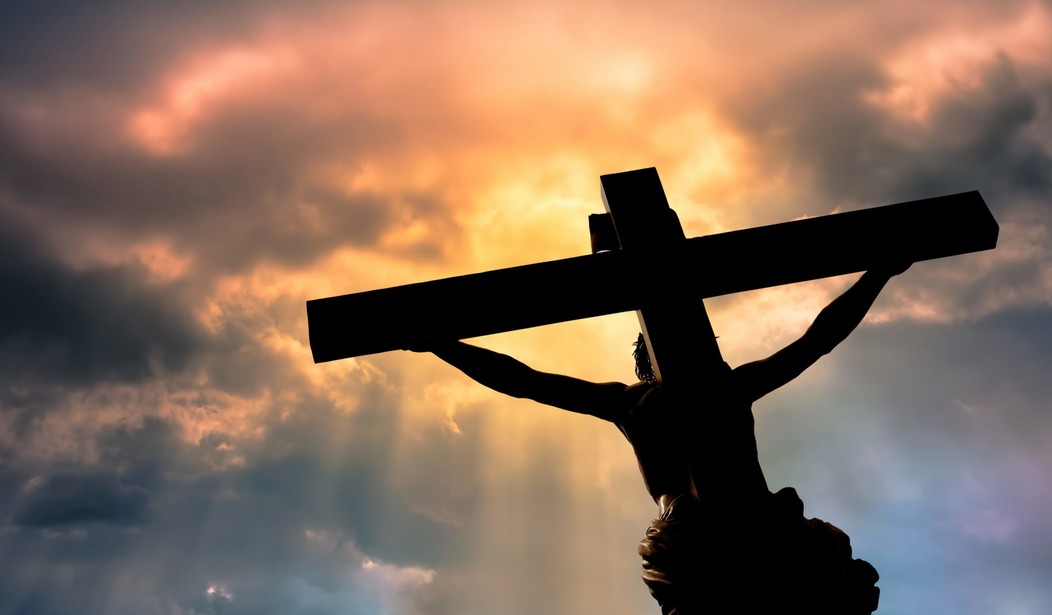Continuing a plan to get through the entire Bible in a year, follow as I journal through the reading. I have chosen a straightforward approach that begins in Genesis and ends in Revelation. This will not be an in-depth study or a comprehensive commentary. There are plenty of sources for such material. This is stage one Bible reading, taking the text at face value and sharing impressions.
Today’s reading comes from the book of Numbers, chapters 21 through 22, including a profound foreshadowing of Christ. Some impressions from the text:
- Proceeding from Mount Hor after the death of Aaron, the Israelites grumble once more. “Why have you brought us up out of Egypt to die in the wilderness? For there is no food and no water, and we loathe this worthless food.” It’s almost comic. Clearly, they had food. They had the manna. But they wanted what they wanted, not what God provided. It’s like when a kid opens a packed refrigerator and complains that there’s “nothing to eat.” Clearly, there is. He just doesn’t want to make it, or doesn’t want what’s there.
- Once again, God provided grave consequence for the Israelites’ rebellion. He sent poisonous serpents to plague the people, biting and killing many. When they repented, God provided the means for their salvation. Moses fashioned a serpent on a pole and lifted it up, so that all those bitten who looked upon the serpent would live.
- The raising of the serpent stands out as a very clear foreshadowing of the New Testament and the atonement of Jesus Christ. Like the serpent, Christ was raised up on a pole for those plagued by sin to look upon in belief and be saved. A number of things are noteworthy here:
- Confession and repentance were prerequisites to the saving work.
- Though necessary, confession and repentance did not actually save anyone.
- The actual saving was done entirely by God, who provided the means by which salvation could occur.
- Benefiting from that gift of salvation required a conscientious choice to look upon the lifted serpent.
- These aspects are each echoed in the provision of Christ. We must confess and repent, a choice on our part. But that does not save us. We are saved only by the work of Jesus Christ on the cross. Yet we must choose to believe in Him and the sufficiency of that work. Our choice. His work. Our choice. His glory.
- The tale of Balaam and his donkey is often cited by skeptics and atheists as obviously absurd. “Can you really believe that a donkey spoke?,” they mockingly ask. No, of course not. Donkey’s don’t speak. Water doesn’t turn into wine. Seas don’t split apart and stand up like walls. These creations cannot act in such ways. But their creator can. What proves truly absurd is limiting God, as if the being who spoke space-time into existence is somehow hobbled by the natural laws he wrote.
Return soon as we continue our year-long journey through the text of the Bible.
Catch up on the previous entries:
Archived Genesis posts (scroll down in link).
Archived Exodus posts (scroll down in link) .
Archived Leviticus posts (scroll down in link).
The book of Numbers lives up to its name. – Numbers 1-2
The Levites take their place as ministers of the tabernacle. Numbers 3-4
Tests and tributes. – Numbers 5-6
Israel gives generously toward the consecration of the tabernacle. – Numbers 7
God leads Israel from Sinai into the wilderness. – Numbers 8-10
Rebellion and disobedience run rampant among Israel. – Numbers 11-13
Rebellion proves costly. – Numbers 14-15
Korah’s rebellion. – Numbers 16-17
Sin at Meribah, and the death of Aaron. – Numbers 18-20









Join the conversation as a VIP Member